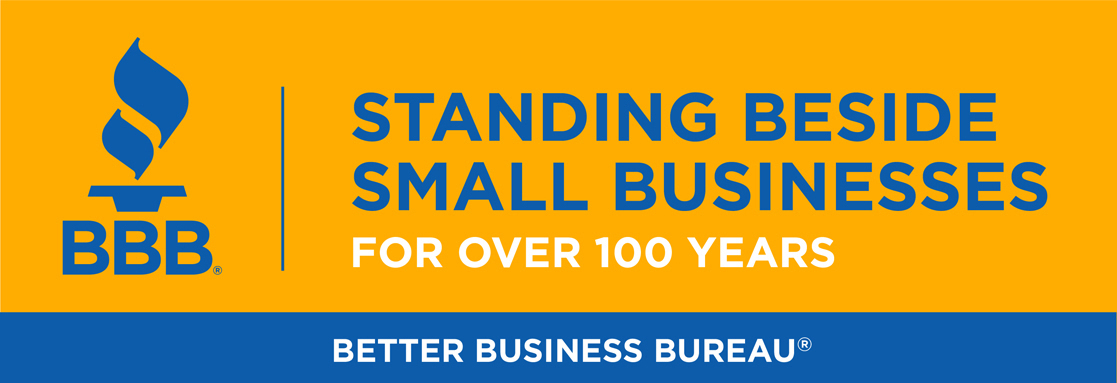With the election coming up in a few weeks, Better Business Bureau (BBB) is alerting consumers to several scams that play off the nonstop election hype dominating the airwaves, news and social media.
In some cases, scammers may think consumers who feel strongly about the election may be willing to part with sensitive personal information, which can open you up to the risk of fraudulent charges and even future identity theft. The prevalence of mass texts and robocalls from political campaigns means consumers are being bombarded with messages that may leave them vulnerable. For that reason, consumers should be aware that a call, text or email asking for their opinion may be the lead-in for fraud.
Before you agree to donate, give your opinion or enter a credit card number, be sure you’re dealing with a legitimate organization.
Several potential election-themed scams include:
• Campaign fundraising scam: Phone calls, texts and emails purporting to be from an election committee or political representative may seem legitimate if they know your political affiliation and their caller ID or sender name looks like it’s from a political organization. Before you donate, write down the contact information and research the organization online to confirm that it’s a legitimate organization. You may want to consider giving directly through an official website rather than on the phone, but make sure the page where you enter your credit card is secure.
• Voter registration scam: Claims that you need to register again for absentee ballots or if you haven’t voted since the last presidential election can be dismissed out of hand. The only time you need to register anew is if you move to a new address. Don’t provide personal information to register until you’ve checked with the state or local election board to determine whether your registration is on file.
• Election survey scam: Calls asking you to participate in a survey regarding a political campaign are very common, and you’re not obligated to answer. But they should never ask you for your bank, credit card or other sensitive personal financial information. If they say you might win a prize but must enter your credit card to cover taxes, it’s probably a scam and you shouldn’t give them the information.
• Vote by phone scam: The only legal method of voting in a general election is at an official polling place, the election board or by mailing in an absentee ballot obtained from the election board. If you receive a phone call asking you to vote over the phone, hang up.
• Impersonation: This scam uses real audio clips of candidates’ voices, likely lifted from speeches or media interviews. Digital technology has made these recordings sound very realistic. At some point, the candidate will ask for a donation and request that you push a button to be redirected to an agent, who will then collect your credit card information. Since real politicians use pre-recorded calls, it’s challenging to tell which ones are fake.
BBB reminds consumers to be skeptical when you receive unsolicited phone calls, texts or emails seeking money or asking for other personal information. If you suspect you’ve been solicited by a scammer, report it to local law enforcement, the state attorney general’s office or BBB. If you suspect voting fraud, report it to the local election board or the secretary of state’s office.
Consumers should follow these other tips to avoid election-related scams:
• Donate directly to the campaign office: Donations made over the phone can be valid, but to be sure you are donating directly to the campaign, donors should give either through the candidates’ official website or at a local campaign office.
• Watch for spoofed calls: Your Caller ID may say that someone from Washington DC or from a campaign office is contacting you, but scammers can fake this using phone number spoofing technology.
• Beware of prize offers: Just hang up on any political pollster who claims that you can win a prize for participating in a survey. Political survey companies rarely use prizes, so that is a red flag (especially if they ask you to pay for shipping or taxes in order to claim it).
• Don’t give out personal or banking information: Political pollsters may ask for information about your vote or political affiliation, and even demographic information such as your age or race, but they don’t need your Social Security number or credit card information.
• Research fundraising organizations before donating: Be especially cautious of links that come to you through email or social media, and don’t click through. Instead, go directly to an organization’s website by typing the URL in your browser or using a search engine.



Facebook Comments